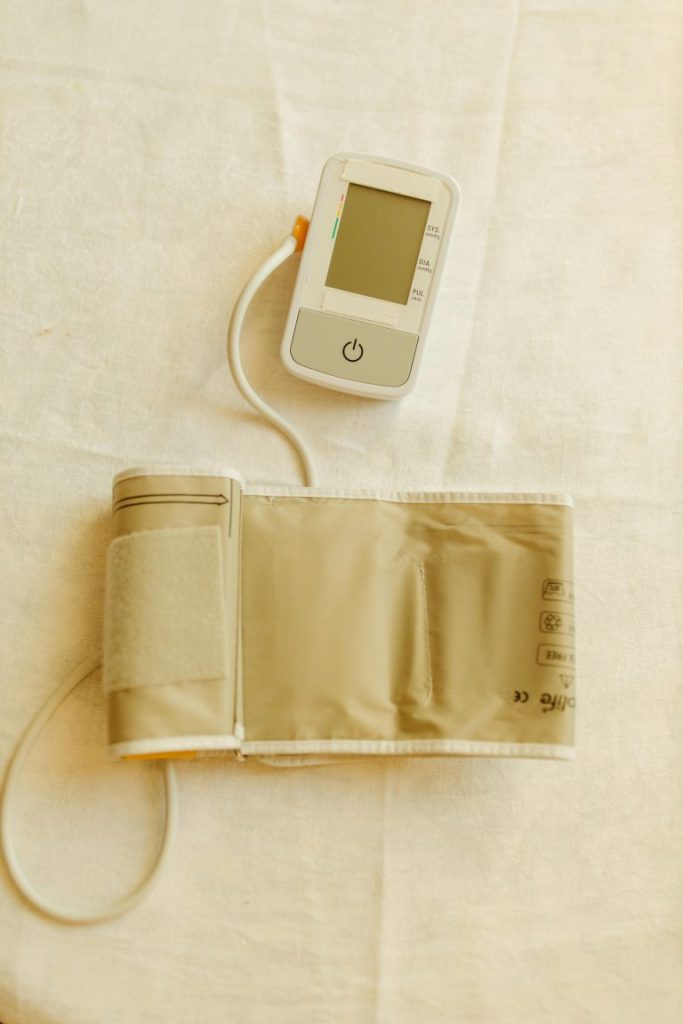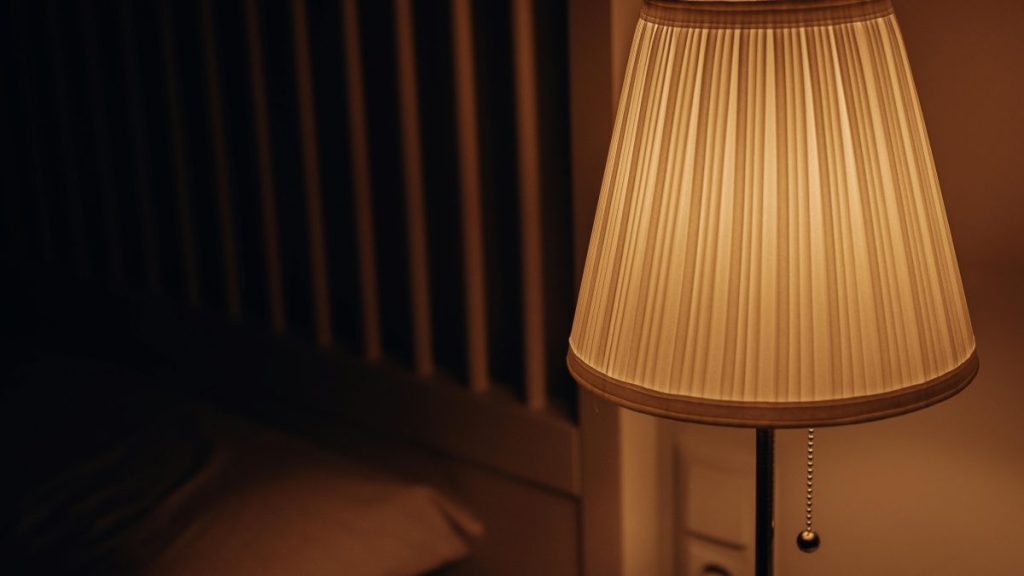Sleeping in Bright Light Could Raise Your Risk of Heart Disease

Sleeping with lights on at night could be more dangerous than you think. New research published in JAMA Network Open has found that nighttime light exposure may increase the risk of cardiovascular disease, the world’s leading cause of death.
Researchers discovered that people who slept in the brightest conditions, similar to having overhead bedroom lights on, faced a 56% higher risk of heart failure. They were also 32% more likely to develop coronary artery disease and 28% more likely to suffer a stroke.
The study used wrist wearables to measure the participants’ exposure to light intensity between 12:30 a.m. and 6 a.m. Dr. Daniel Windred, co-first author and research associate at Flinders University’s College of Medicine and Public Health, explained that while researchers could measure intensity, they could not identify specific light sources. “Understanding typical sources of night light exposure might allow for more informed recommendations beyond ‘avoid bright light at night,’” he said.
How Does Night Light Exposure Affect Your Heart?
Light disrupts the brain’s production of melatonin, a hormone that signals when it’s time to sleep. When melatonin levels drop, the body’s circadian rhythm, its natural 24-hour clock, can be thrown off balance. Over time, this disruption may harm cardiovascular health by increasing blood pressure, raising stress hormone levels, and damaging blood vessel cells.
Dr. Julio Fernandez-Mendoza, a clinical psychologist and director of behavioral sleep medicine at Penn State Health, recommends minimizing light exposure before bedtime. He advises switching off unnecessary lights four hours before sleep, limiting screen time, and using dim or warm bulbs instead of bright ones. For those who can’t eliminate light, blackout curtains or a sleep mask can help block unwanted brightness.
What Did the Study Reveal About Nighttime Light Risks?
The study analyzed 13 million hours of light data from nearly 89,000 participants, making it the largest known research of its kind. Participants, averaging 62 years old, were monitored for nine years as part of the UK Biobank study. Those exposed to the brightest nighttime light had a 47% higher risk of heart attacks and a 32% greater likelihood of developing atrial fibrillation, a condition marked by irregular heart rhythms.
Women were more likely to experience heart failure and coronary artery disease, while younger participants showed higher risks of heart failure and atrial fibrillation.

Although the findings show correlation, not causation, the evidence remains compelling. Tim Chico, professor of cardiovascular medicine at the University of Sheffield, noted that “there may be other differences in people exposed to light at night that are responsible for the greater risk of heart disease,” yet the results stayed strong even after accounting for lifestyle factors such as diet, smoking, and physical activity.
The researchers concluded that bright nighttime lighting may act as a stressor, disrupting the body’s internal systems and raising cardiovascular risk. They also highlighted that exposure to bright light during the day, especially in the morning, supports better heart health and circadian balance.
By Modester Nasimiyu










